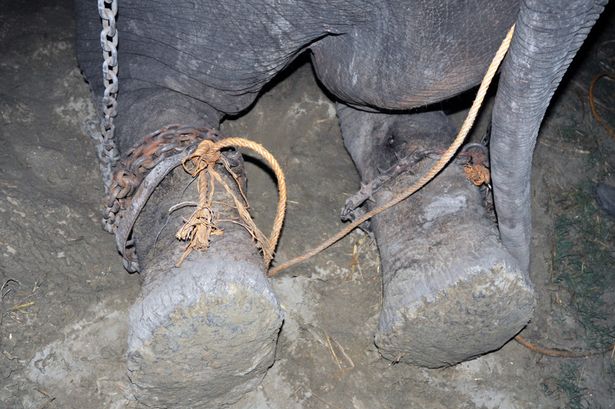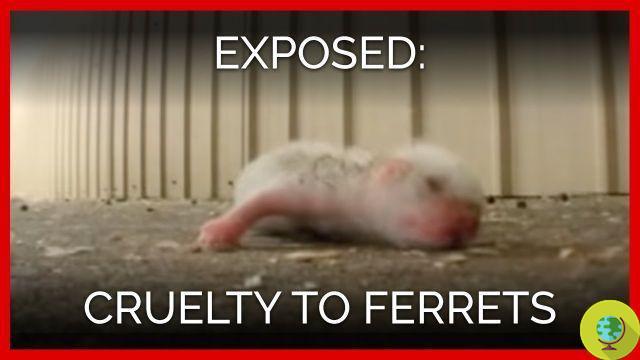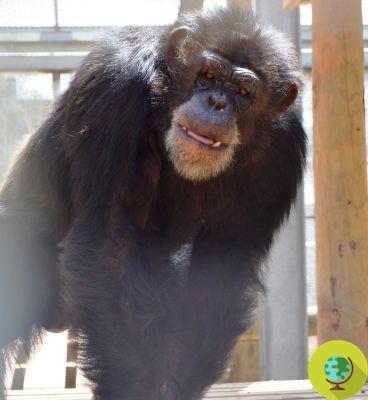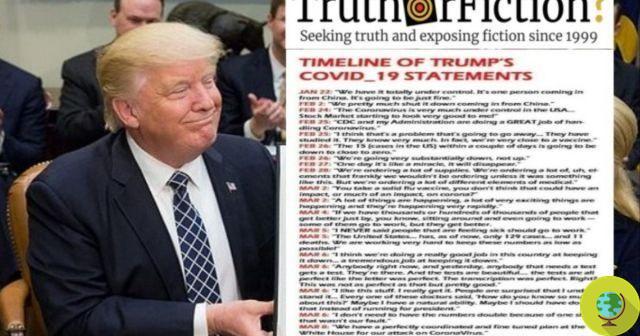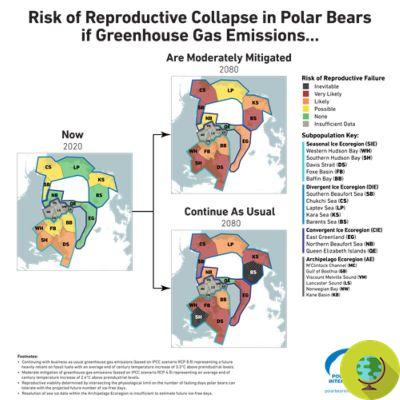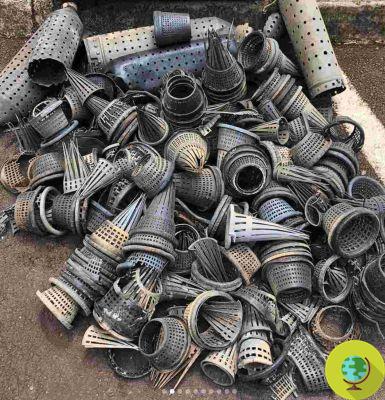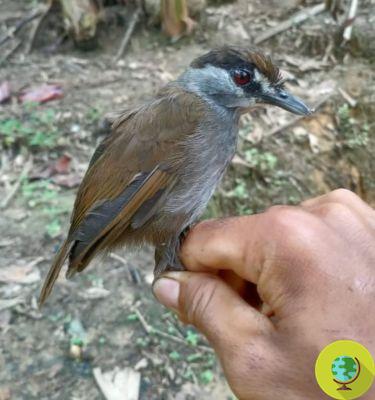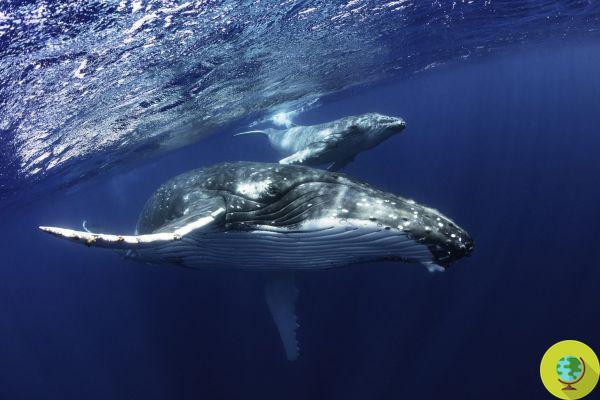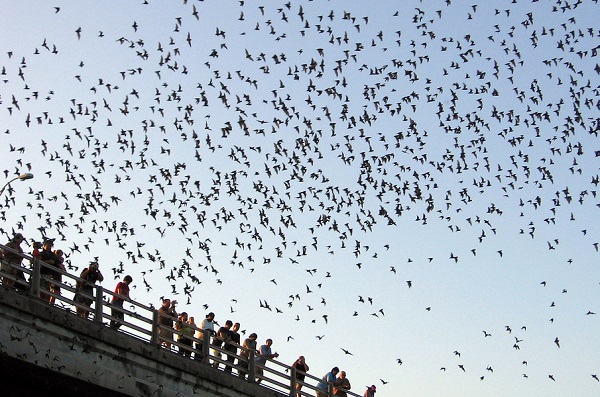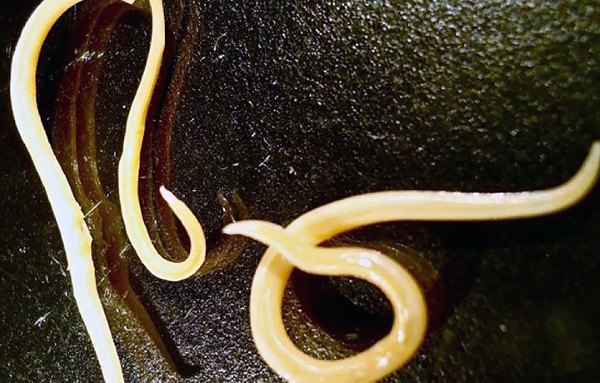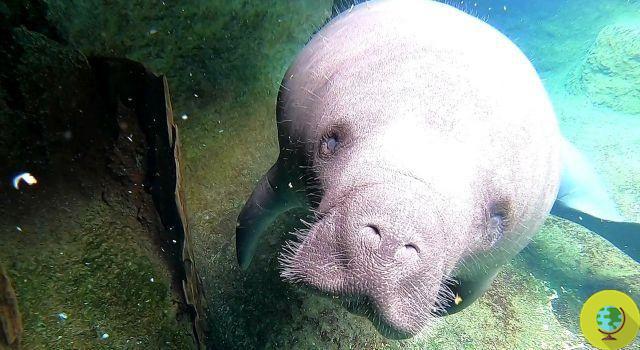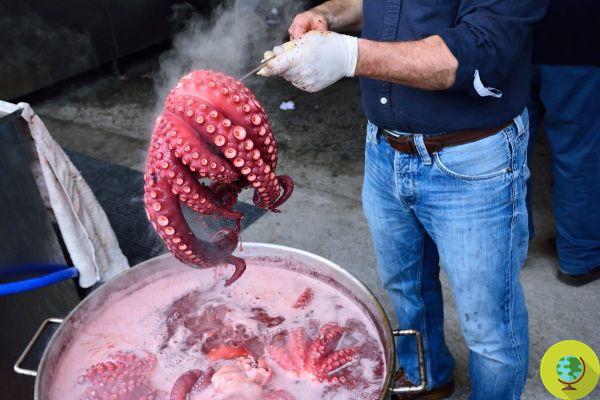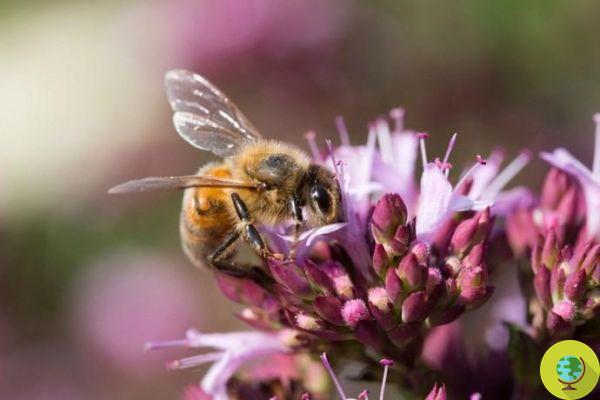
Neonicotinoid pesticides and bees, despite the bans and restrictions introduced in Europe, there is a risk that these substances, harmful to the health of pollinating insects, could return "through the back door"
He is about to end up run over, his mother saves himNeonicotinoid pesticides and bees, despite the bans and limitations introduced in Europe, there is a risk that these substances, harmful to the health of pollinating insects, could return "through the back door".
The alarm was raised by Greenpeace, based on a report by the European Food Safety Authority (EFSA), according to which most of the neonicotinoid pesticides used represent a risk for bees, despite the European Commission having decided to impose an almost total ban on three pestidici in April 2018.
In fact, about four months ago, the EU banned three pesticides harmful to bees (imidacloprid e clothianidin Bayer and thiamethoxam by Syngenta). But NGOs and beekeepers fear that 13 Member States are trying to get around the obstacle by exploiting the exemptions on restrictions in cases of particular urgency.
"The Juncker Commission wants to be perceived as a friend of bees, but the ban on the use of bee-killing pesticides is not very useful if national governments are allowed to grant exemptions" he said Franziska Achterberg, Greenpeace consultant for EU food policy.
In fact, like explains EFSA itself, the governments of the member states have the right to ignore the restrictions and issue emergency authorizations in cases where there is evidence that the risk deriving from specific plant pests cannot be contained by other means.
If it is an emergency, it should remain so, limited only to exceptional cases and not to circumvent restrictions and allow farmers to continue using dangerous chemicals that the EU has banned.
Efsa itself is targeted, accused by Greenpeace of granting emergency authorizations to EU member states for neonicotinoids.
How back Euractiv, some member states are taking advantage of the situation to circumvent the ban, while EFSA considers it "misleading" to mix the emergency authorizations with the decision of a total ban.
In addition, NGOs are questioning the scientific basis of EFSA's reports by pointing out that it has not considered other non-chemical pest control methods, regardless of their feasibility and efficiency.
"The only criterion EFSA used to judge whether a banned neonicotinoid should be used was the availability of another neonicotinoid," NGOs say. "We therefore believe that EFSA does not have the expertise and the necessary agricultural experimentation to evaluate all alternative pest control methods available to farmers."
EFSA's response
“All of EFSA's scientific assessments are based on a thorough evaluation of the available data using transparent scientific methodologies. In this case, EFSA was given a mandate to use this methodology, which was published in April 2017 ahead of the results that are currently under criticism, ”an EFSA official said. "EFSA confirmed that neonicotinoids pose risks to bees in its opinion issued in February 2018".
Made the law ...
On the other hand, we had already told you that other pesticides of the same family are currently allowed in Europe, in particular acetamiprid, thiacloprid, sulfoxaflor and flupyradifurone.
The only truly effective solution would be to totally banish all neonicotinoids, not just three.
READ also:
- Are neonicotinoid pesticides dangerous for bees, EFSA confirms?
- Europe finally bans killer bee pesticides (but only three and only outdoors)
- Bee die-off: in Europe bees poisoned by 57 different pesticides
Francesca Mancuso




